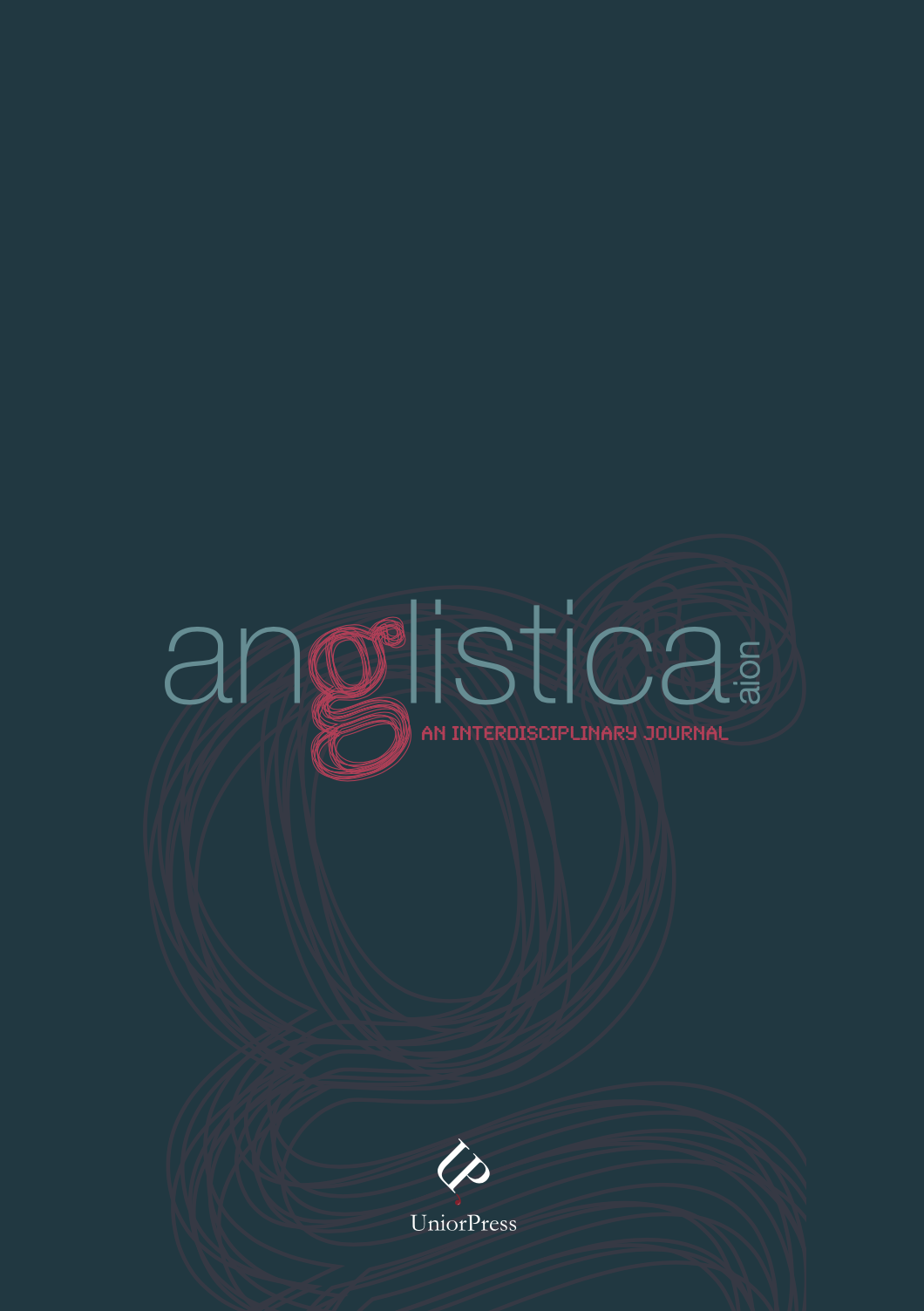Natural Complexity
From Language to Text to Tradition
DOI:
https://doi.org/10.6093/2035-8504/8574Keywords:
crime, society, ideology, pragmatics, indirectness, implicitness, mental processing, genreAbstract
The major thrust of this article is to demonstrate the extremely complex nature of even the apparently simplest communicative events such as polite conversation at a railway station and illustrates how and why communication is complex. The text selected to elucidate the complex mental processing involved in producing and comprehending messages enables a second objective to be achieved, namely a reconsideration of the ‘meaning’ of the work of Agatha Christie, especially with regard to the socio-political analysis that might be carried out using the crime story as a vehicle and the ideological stance she takes in the light of recent research questioning the traditional view of Christie as a ‘solid’ representative of the Golden Age of crime fiction. Such a reconsideration involves examining factors such as context in its widest sense, genre, tradition and calls up the question of the nature and value of a work of ‘literature’, starting from the premise that all communication is complex.



